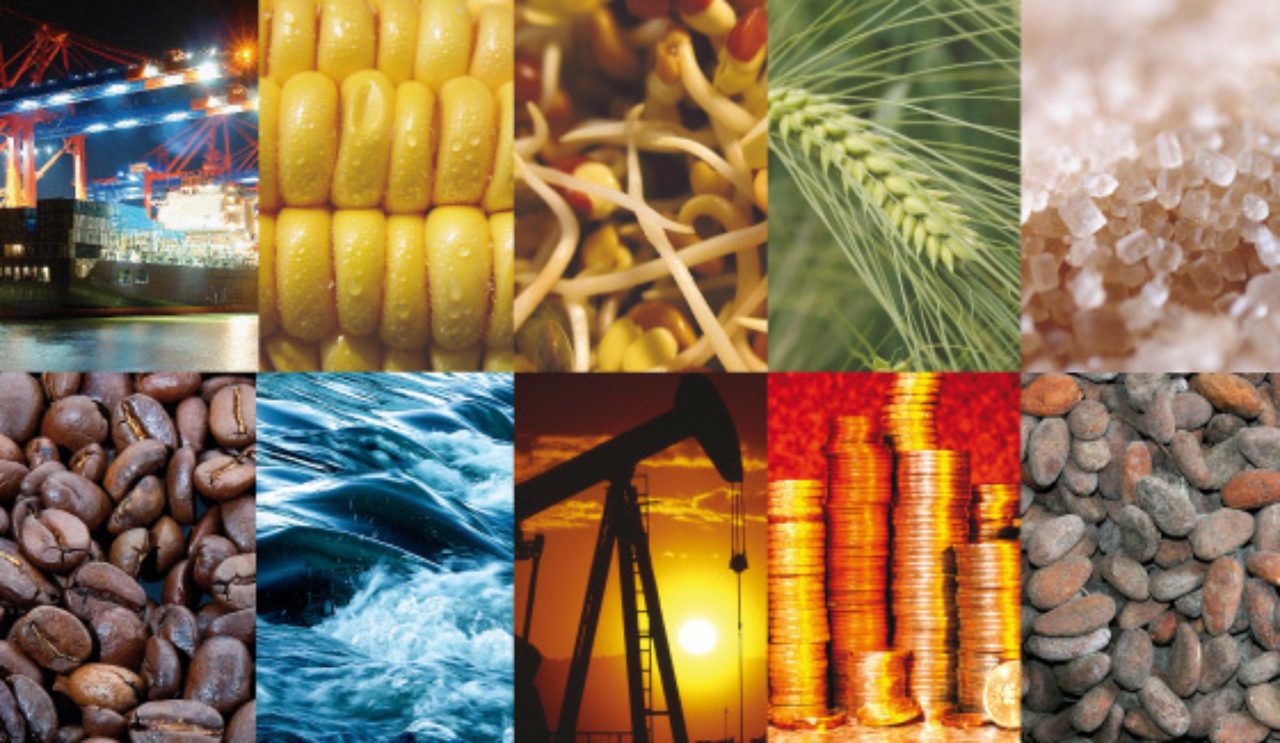Secrets and facts of commodity trading.
We have talked about useful tips on trading gold and oil, but commodities go well beyond the two of those. That is why we need to know much more about this segment of the market in order to be successful in it.
What are the main fact and rules of commodity trading? What will make us successful?
1. This segment of the market is extremely old.
2. There are two types of commodities.
3. There are commodities you can’t trade.
4. Commodities are good for non-professionals.
5. There are certain standards.
6. Types of commodities.
7. Commodities can’t help make a fortune overnight.
8. Global market is almost independent.
9. You can trade futures.
10. Commodities can be traded in stocks.
1. This segment of the market is extremely old.
What does that mean for us? That the rules of the market were established long ago. And that there is no way we can invent something new with it. Ancient people were the ones who developed the first commodity-per-money system and thus established the first grandparent of the market.
My point here is that learning the rules of the market and seeing all of the intricacies of trading commodities and we are to stick to them.
2. There are two types of commodities.
Commodities can be of two types – soft and hard. Hard are the natural resources while soft are the agricultural goods and livestock. These two types of commodities have
respective markets where they can be traded independent of each other.
Hard commodities are all set and is any of the commodity like oil or gold fails, the whole market is going to go crazy, whereas soft commodities have more flexibility although can be easily affected by weather and nature.
3. There are commodities you can’t trade.
It is interesting, but there are commodities that can’t be traded in the markets and as a result we do not really think about them as commodities. These are water, electricity, potatoes, lemons, eggs, diamonds, carbon dioxide and tomatoes.
On the contrary you can trade corn, livestock, cocoa and wheat.
4. Commodities are good for non-professionals.
Currencies trading requires previous experiences and some reading before you can enter this segment of the market, but commodities are pretty understandable for everyone. That is why you can find a lot of beginners in this market. And that is with good reasons. You do not need any experience and any schooling in order to be successful. All you need really is a good eye for the news and price-changing stuff.
5. There are certain standards.
This mainly concerns commodities which are set for consumption, like food, for example. The standards were set in order to avoid much needed inspection and thus lower the cost of the commodities.
For traders of different countries, the rules and standards may vary but in the end the prices for the commodities are still the same.
6. Types of commodities.
That being said, these are the types of commodities that you can trade
- Livestock;
- Metals (gold, silver, platinum, palladium);
- Agriculture (corn, soybeans, wheat, cocoa, coffee, cotton etc.);
- Energy (crude oil, heating oil, natural gas, and gasoline
7. Commodities can’t help making a fortune overnight.
This is the type of the market that can’t really make you rich in a span of one minute. But it can make you rich after all. It just going to take time. Plus, commodity trading is always going to take a lot of time out of your schedule. It is practically a full time job as it requires a lot of information to be in your disposal.
8. Global market is almost independent.
There is so much money poured into commodities market that it is almost self-standing and it is possible that with time it is going to get rid of all of the influences of the currency market, but it may take another 50 years for that to happen, so right now we have to suffer through the connection of the currencies and commodities.
9. You can trade futures.
This is too obvious. Oil futures are commonly traded and that shouldn’t come as a surprise that all of the other commodities have tradeable futures as well, right?
10. Commodities can be traded in stocks.
Well, some of the at least. A lot of oil companies have stocks that you can invest in and thus support both – their product and their shares. this is good as you will be able to see the movement of the price for either of them and as a result get rid of poorly performing asset just in time.

What other intricacies of commodity trading do you find useful?




